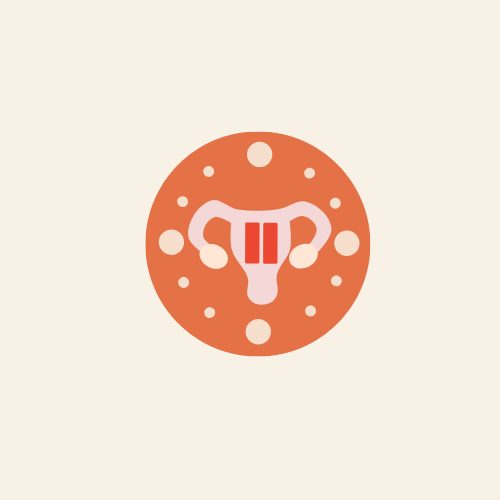Research Library
A curated collection of menopause-related research sourced from peer-reviewed journals and databases. Each study is distilled into accessible summaries, outlining objectives, methodology, key findings, and clinical implications to make the science understandable and applicable.

Sex-Specific Body Fat Distribution Predicts Cardiovascular Ageing
Cardiovascular ageing is a progressive loss of physiological reserve, modified by environmental and genetic risk factors, that contributes to multi-morbidity due to accumulated damage across diverse cell types, tissues, and organs. Obesity is implicated in premature ageing, but the effect of body fat distribution in humans is unknown. This study determined the influence of sex-dependent fat phenotypes on human cardiovascular ageing.

Determining the Status of Small Dense Low-Density Lipoprotein Cholesterol Level in Woman Undergoing Menopausal Transition
Research on small dense low-density lipoprotein cholesterol (sdLDL-C) and menopausal status remains scarce. Our aim is to evaluate the relationship between serum sdLDL-C level and different menopausal status in a Chinese women population.

Changes in Body Composition and Weight During the Menopause Transition
The relation between the menopause transition (MT) and changes in body composition or weight remains uncertain. We hypothesized that, independent of chronological aging, the MT would have a detrimental influence on body composition.

Vaginal Estrogen Linked to Better Survival Among Women with Breast Cancer
Genitourinary syndrome of menopause can be treated with vaginal estrogen therapy. However, there are concerns about the safety of vaginal estrogen therapy in patients with breast cancer.

Menopause Medication May Help to Prevent Invasive Breast Cancer, Study Finds
A drug already approved by the FDA to treat menopause symptoms may also help to prevent invasive breast cancer, according to recent findings from a clinical trial led by Northwestern Medicine. The research was presented at the 2025 ASCO Annual Meeting (Abstract 512).

Role of Female Sex Hormones, Estradiol and Progesterone, in Mast Cell Behavior
Female sex hormones influence mast cell (MC) behavior, affecting allergic and inflammatory responses. Evidence links estrogen and progesterone to MC maturation, degranulation, and asthma severity, with clinical patterns seen in perimenstrual symptoms and hormone therapy. This review summarizes current knowledge on their role in MC regulation.
